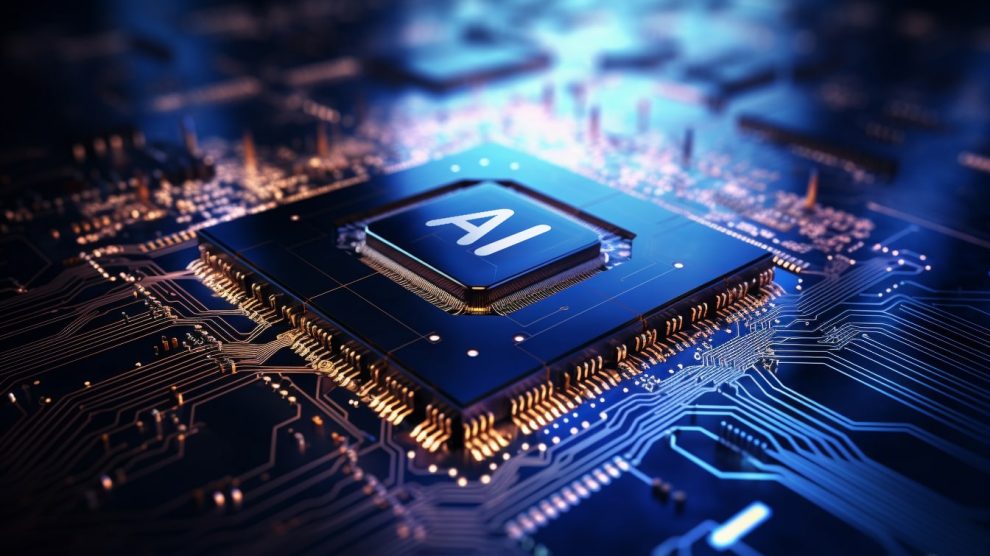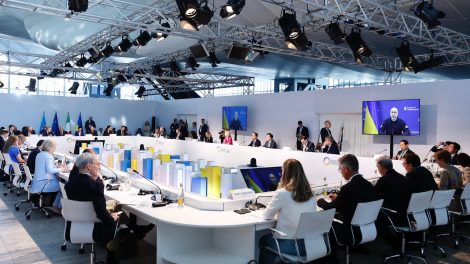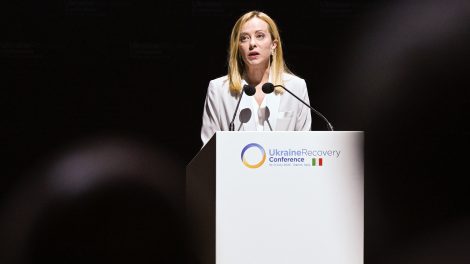Italy salutes the AI Act. After years of work and a strenuous last-minute negotiation, EU institutions agreed on the first-ever regulation for artificial intelligence late on December 8. The provisional legislation includes restrictions on the use of biometric recognition and regulation for AI systems such as ChatGPT. According to Adolfo Urso, Minister for Enterprise and Made in Italy, and Alessio Butti, the Undersecretary to the Prime Minister’s Office with responsibility for innovation, the political agreement represents “a significant step for the development of artificial intelligence in the EU and Italy.”
- The two also stated that “Italy will reiterate the need for a simple and clear regulatory framework, reflecting a balance between technological progress and the safeguarding of constitutionally-oriented ethical principles and citizens’ rights.”
- “The Government hopes that future legislation will foster responsible and sustainable innovation, promoting development and investment by national and European companies while respecting the rights of citizens and the prerogatives of Member States to safeguard the national interest,” they added.
Giorgia Meloni’s human-centric approach. After agreeing on a common AI Code of Conduct at the Japan-led G-7 this year, the torch passes onto Italy. The Italian Prime Minister has been closely following the matter and its social repercussions, voicing her concern over the dramatic job losses that AI could cause and pledging to work towards minimising its negative impacts.
- “We risk having many people and skills in the world of work that will no longer be needed. We have seen something similar with globalisation, which has led to a verticalisation of wealth and an impoverishment of the middle class,” Ms Meloni had said in November.
- “Now it is the intellect that is in danger of being replaced, and this also concerns highly skilled workers,” she added.
Effective regulation comes from joint international efforts. The Italian government has also indicated the need for international collaboration to ensure the emergence of effective regulation for new technologies – including within the framework of the upcoming G-7 in 2024. Regulating AI will be “the biggest challenge,” one “that no country will be able to face alone” – and even achieving a complex agreement between States “won’t necessarily be enough” to overcome it, said Mr Butti in a recent interview with Milano Finanza.
- Italy has already been pushing to deepen cooperation on AI with France and Germany, as shown by the recent trilateral meeting with the respective enterprise ministers.




